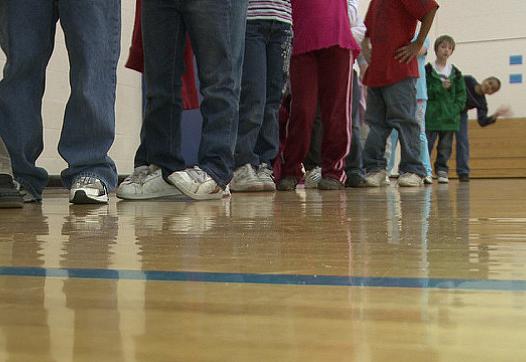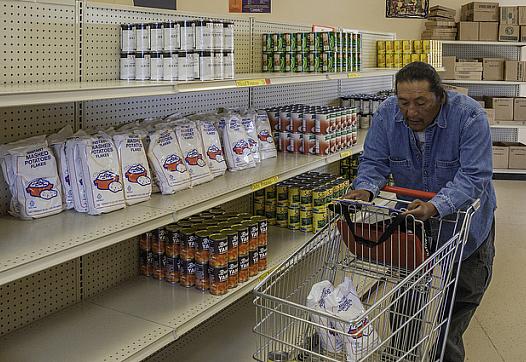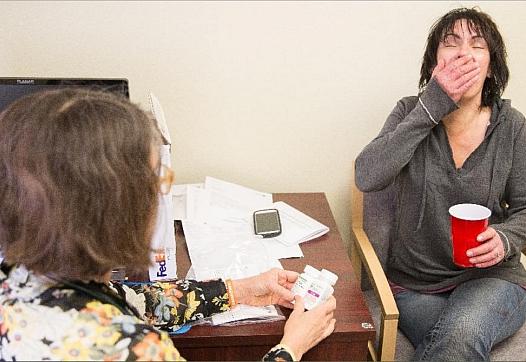
There has been a bevy of headlines on child obesity this week, triggered by a new study casting doubt on earlier reports of drops in early childhood obesity rates. But real story is rather more complicated than the headlines suggest.

There has been a bevy of headlines on child obesity this week, triggered by a new study casting doubt on earlier reports of drops in early childhood obesity rates. But real story is rather more complicated than the headlines suggest.

The Portland Tribune's Peter Korn, a 2009 National Fellow, recently took a look at Oregon residents who've turned to unconventional treatments, and their difficulties in finding doctors who will work them. Korn says this is a story that could be easily localized by reporters elsewhere.

A reporter sets out to investigate the impact of the federally funded program for Women, Infants, and Children on Native families. Is the diet made possible by the program doing more harm than good in California's Native American communities?

The tragedy in Flint continues to fill headlines. But nearly every community is at risk from some form of lead contamination. In our webinar this week, veteran reporters and experts offered journalists fresh ideas for covering such stories.

What looks like a straightforward framework to protect California’s budget from escalating drug costs has policy experts perplexed, and potential allies on the sidelines.

When reporting on risk factors that shape health, it's not uncommon for critics to suggest you've confused causation with correlation. Here are three steps you can take to ensure your reporting can weather such storms of doubt.

Despite recent cost-cutting measures, California’s spending on pharmaceuticals has gone up, and so has the number of pricey drugs it is covering. It’s not clear state agencies have the means to balance drug cost pressures with the best interests of patients, taxpayers and public health.

"There were a few times when I felt I had reached a dead end," writes Patricia Wight. "I worried that my stories would be missing the critical first-person experiences needed to bring the issues surrounding obesity to life."

Headed to Cleveland this week for AHCJ's 2016 conference? Contributing editor William Heisel highlights some great panel discussions you won't want to miss.

Medicare recently announced it is likely to cover a diabetes prevention program that has been shown to be highly effective. Our Slow Medicine team explains why that’s exciting news for pre-diabetic patients.